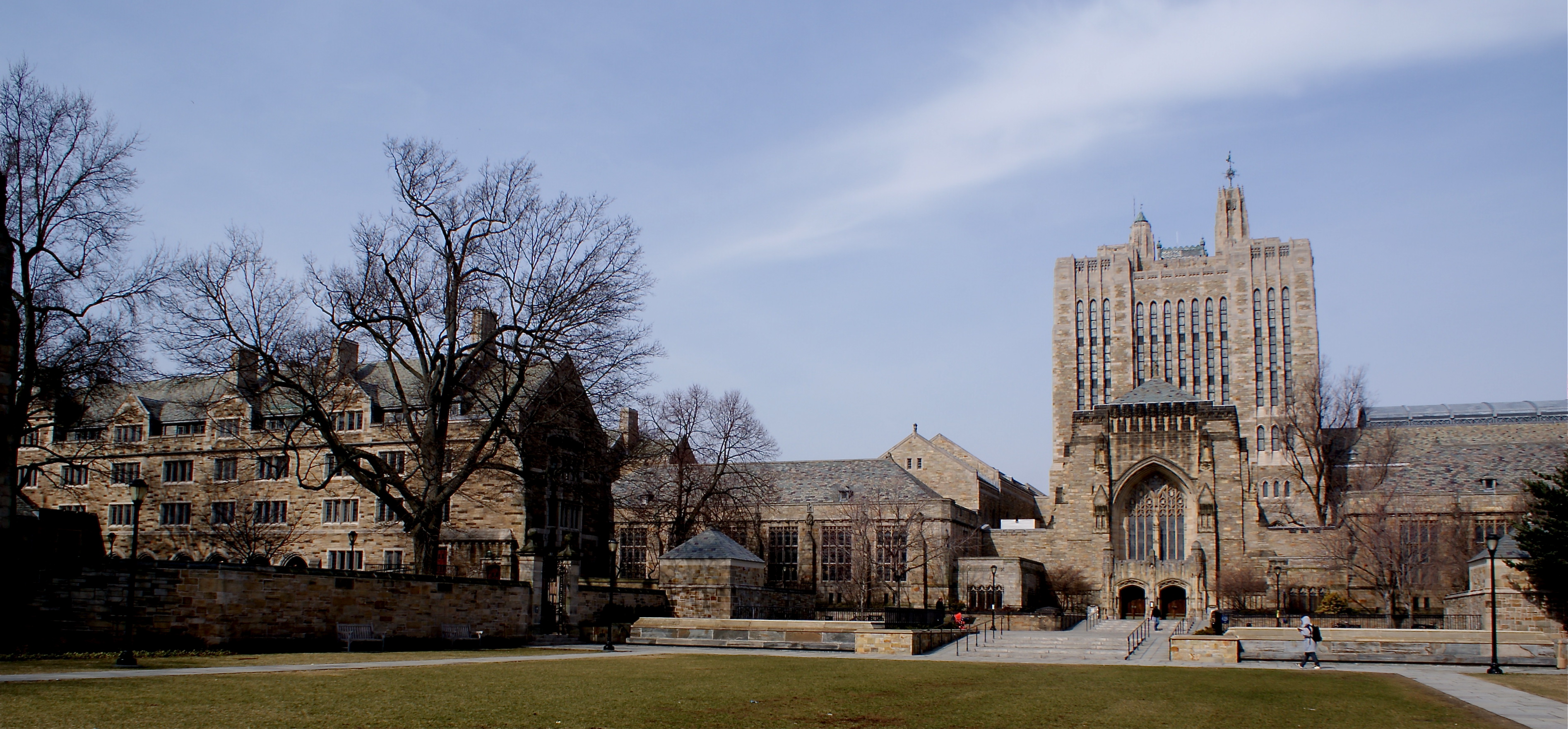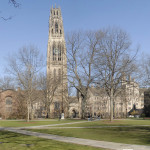by Laura Plata
Wandering around campus in a slightly too large parka during Bulldog days, I remember entering La Casa and feeling slightly bashful from the overwhelming response I received from the students there. The joy on their faces to hear that I was an admitted student was only slightly less than their excitement to hear I was Latina, and I wanted to be a part of their vibrant community.
The events that took place from the end of October through November served as a jarring reminder that perhaps the vision I had of Yale was not a reality for everyone –or at the very least, that it wasn’t being fulfilled. The solidarity around issues concerning inclusion, diversity, and marginalization in the following weeks reinforced my belief that students of color at Yale were fearless and powerful beyond my original understanding.
But as the stories of trauma and mental exhaustion came forth, I also understood that there was a difference between having my “strong community of color where I could feel like I belonged” and belonging to the campus as a whole.
I came to understand that voices have been crying, “We out here; We’ve been here; We ain’t leaving; We are loved,” for years on my behalf, before I had even showed up on campus. The sophomores, juniors, and seniors of color on this campus had been fighting against institutional racism their entire time here, and they were exhausted. I had only been on campus for two months. When the question, “How are you doing?” was inevitably asked, I was always less and less certain of my answer because I saw the future me; I would be just as weary as them.
Upperclassmen lamented that I was robbed of experiencing my freshman year to the fullest. I was certainly not simply focused on my classes, making new friends, and interacting normally with the campus. To think that without the visible eruption of pain and frustration around me I would stayed a naive, complacent freshman is to dismiss the reality that I never had the privilege of being naive in the first place. I just would have gone through that experience on my own, alone.
I am grateful that November happened the way it did. Without it, I perhaps would have let the racial tensions on this campus wear me down like water dripping over the edge of a sink so that when you peer underneath you find that the wood has been worn away.
Because of November, I know with undeniable certainty that there are layers and layers of people around me who care about my wellbeing and would go out of their way to ensure I am okay. I came to feel the love and community of my peers who more than willingly engaged in thoughtful conversation about race and inclusion. And I came to know that, yes, this campus belonged to me too.


